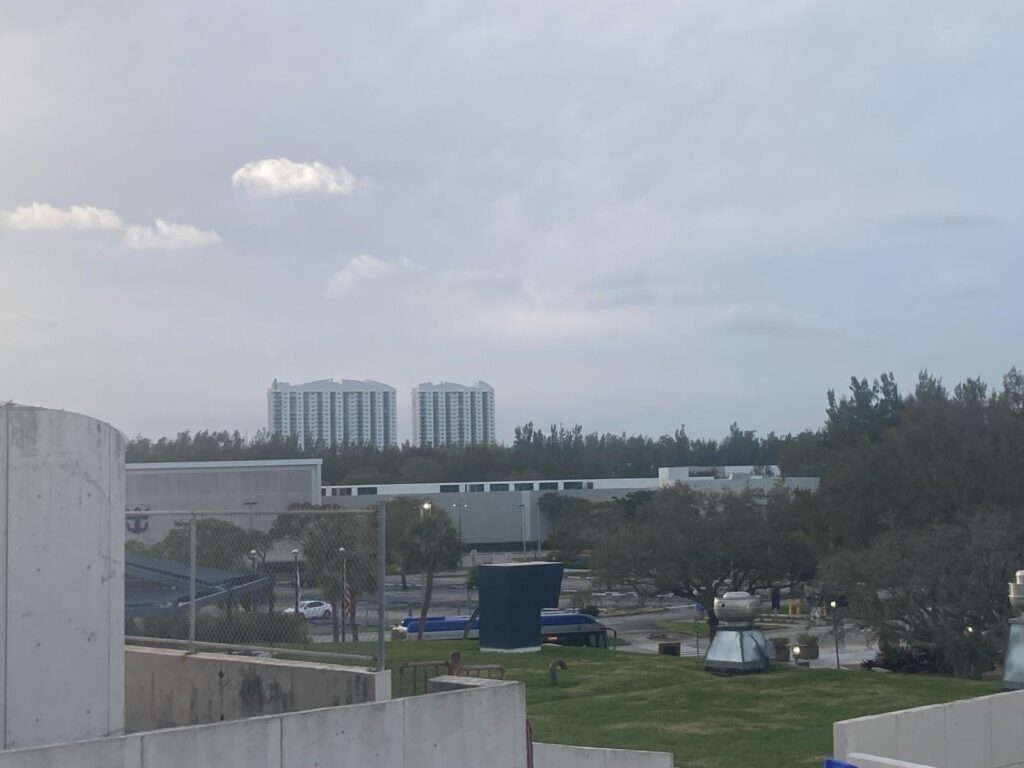Benz de Marcial Pierre | Staff Writer
Given the current state of higher education in the United States, we should pause and reflect on the level of preparedness of our young graduates. As the world faces all kinds of unrelenting challenges, educators and policymakers alike need to start investing heavily in the delivery of practical education.
I'm usually someone who drowns out the noise people make about the state of the American education system, but the magnitude of the problem made me think about a few things.
The findings from the Gallup poll are deeply alarming. The study found that the U.S. education system is flawed in several ways, in part because higher education institutions fail to provide training that meets the needs of the job market. did. This is the same in most industries, and lack of ethics is the main complaint.
As a political science major, I have to admit that I sometimes worry about what my prospects will be after graduation. For four years, students are taught the basics of succeeding in an academic environment, such as how to write impactful essays and how to conduct research projects.
With this in mind, it's easy to feel like you don't know much. You may even wonder how marketable your skills are.
We may be missing something, given that some industries are not keen on the new stream of graduates.
I'm not talking about majors like finance, economics, nursing, etc. Because these are always in high demand. But those who might have chosen a different path may have to struggle harder than others.
The solution, we think, is not to underestimate degrees that may not offer competitive salaries compared to other degrees.
A possible solution could be educational reform aimed at creating several programs for some university degrees. These programs complement the theoretical education we have received by training university students in several key areas to ensure success in the workplace.
The traditional answer to this is to find an internship that aligns with your degree as a stepping stone to a professional career in your desired field.
Both workshops and internships are becoming increasingly important to future job prospects, and it's important to gain exposure to areas of interest.
But what about full-time students who have to work? With personal commitments and mounting school assignments, it's hard to find time to enroll in one or the other.
It's an immeasurable sacrifice to not only remain dedicated to your job while interning in an industry that offers little to no pay, a luxury that not everyone has.
A solution to this could be to include some key courses aimed at teaching these skills into university curricula.
FIU's 21st Century Skills is a step in the right direction. This is a remarkable company that recognizes the highly competitive nature of the 21st century workforce and aims to provide training that makes students stand out.
It focuses on three key skills: artificial intelligence, data literacy, and emotional intelligence. In a world where AI is making great advances and we are awash in information, those who can stay on top of these trends will definitely have an advantage in the workforce.
There's a lot of lament about Gen Z, and some of it has some basis. But if we do nothing to reverse this decline, we may lose a key tool of American economic greatness: our talented workforce.
The world is moving so fast that those who fall behind can suffer stunning defeats on many fronts. Proactive policies regarding these will need to become the norm sooner rather than later.
These policies will benefit students and ensure that graduates have high confidence in their knowledge in terms of contributing to the country as a whole.
While education alone does not guarantee change, it is certainly a powerful tool to bring about change to better prepare graduates when they enter the workforce.
Disclaimer:
The opinions expressed on this page do not represent the views of the PantherNOW editorial board. These views are separate from editorials and reflect the personal perspectives of contributors and/or members of the University community.


